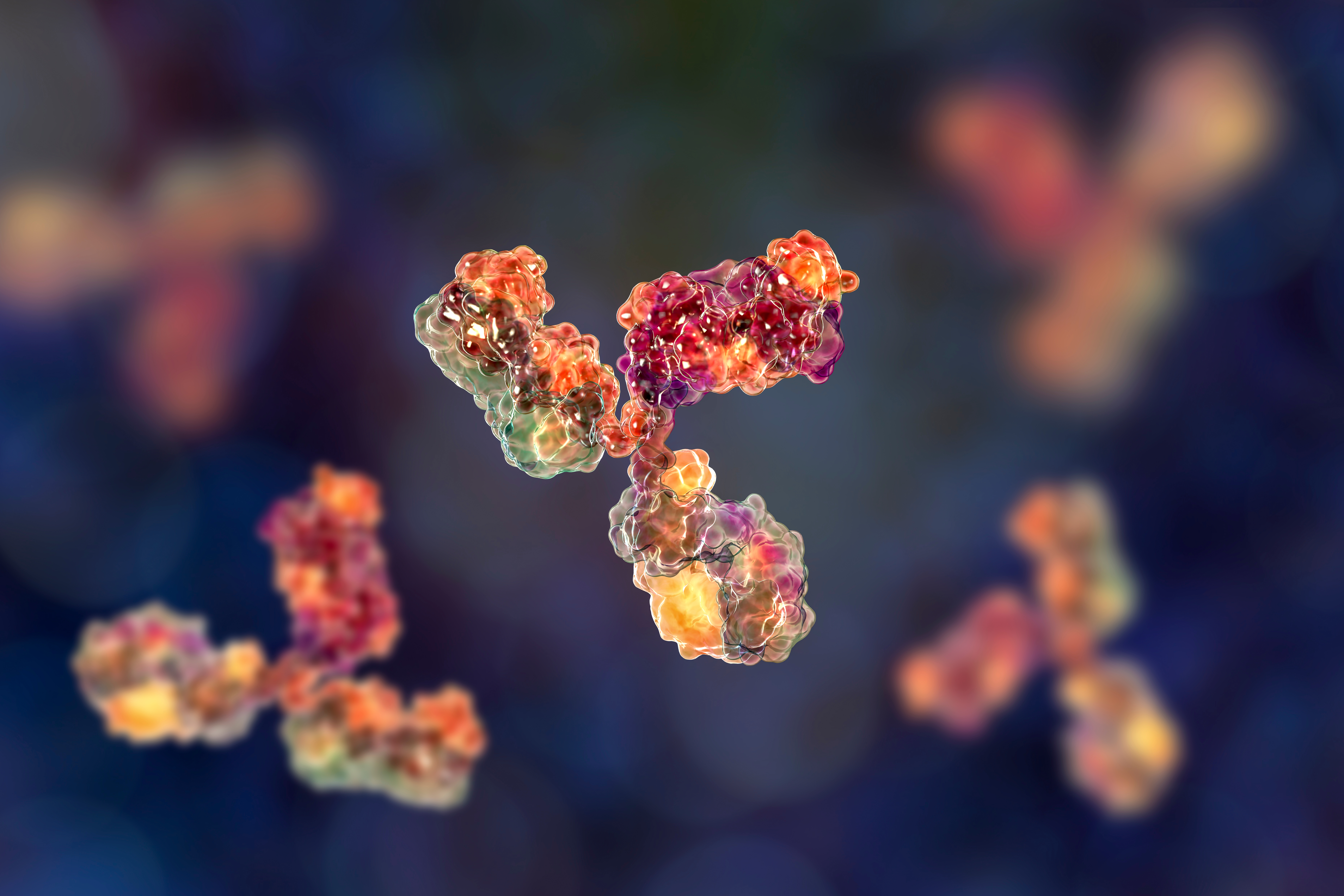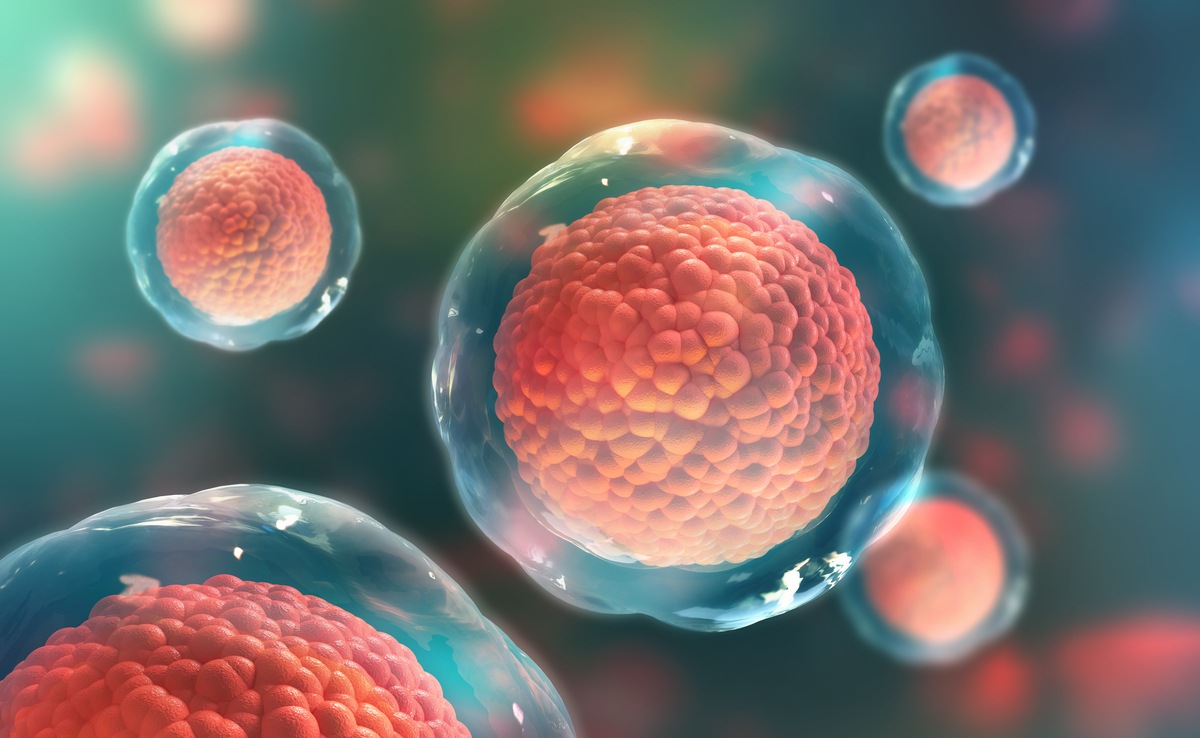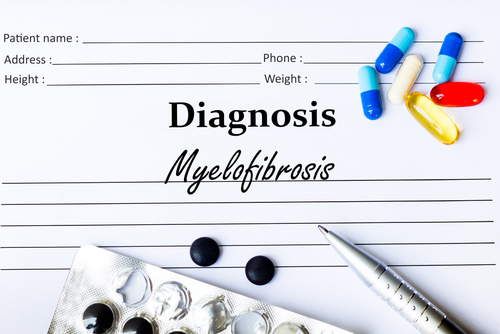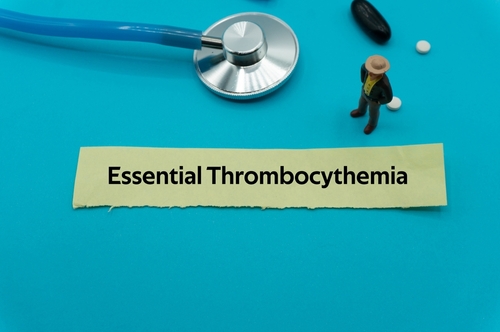
In previous research, Ph-negative myeloproliferative neoplasms (MPNs) have been associated with autoimmune diseases. Additionally, a proportion of patients with severe COVID-19 pneumonia were shown to have autoantibodies (AAbs) against type I interferons (IFNs) that predated their infection.
Following these findings, researchers assessed AAbs against type I IFNs in 219 patients with MPN to identify their prevalence and associations with COVID-19 severity. In their study, published in Blood, the researchers identified several distinct correlations in patients with anti-type I IFN AAbs.
Specifically, a total of 29 patients with AAbs against type I IFNs had significantly different MPN diagnosis distribution (P=.029) and driver mutations (P=.019). Additionally, 29 patients had SARS-CoV-2 infection, and 4 of those were patients with AAbs to type I IFNs.
Severe COVID-19 infection requiring hospitalization was reported in 2 of the 4 (50%) patients with AAbs compared with 6 of the 25 (24%) patients without them, but the difference was not statistically significant (P=.3), likely due to the low sample size subgroup.
The authors determined that the AAbs against type I IFNs were numerically more prevalent in the study’s patients with MPN (13%) compared with the general population (2% to 3%).
In addition, AAbs against type I IFNs may be associated with increased risk for severe COVID-19 infection, though the authors acknowledged that further research is needed.
View More Recent Research and Expert Interviews in Hematology and Oncology







 © 2025 Mashup Media, LLC, a Formedics Property. All Rights Reserved.
© 2025 Mashup Media, LLC, a Formedics Property. All Rights Reserved.